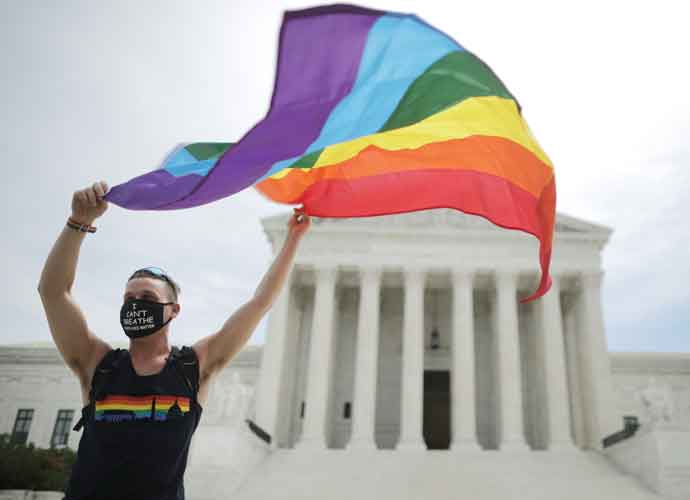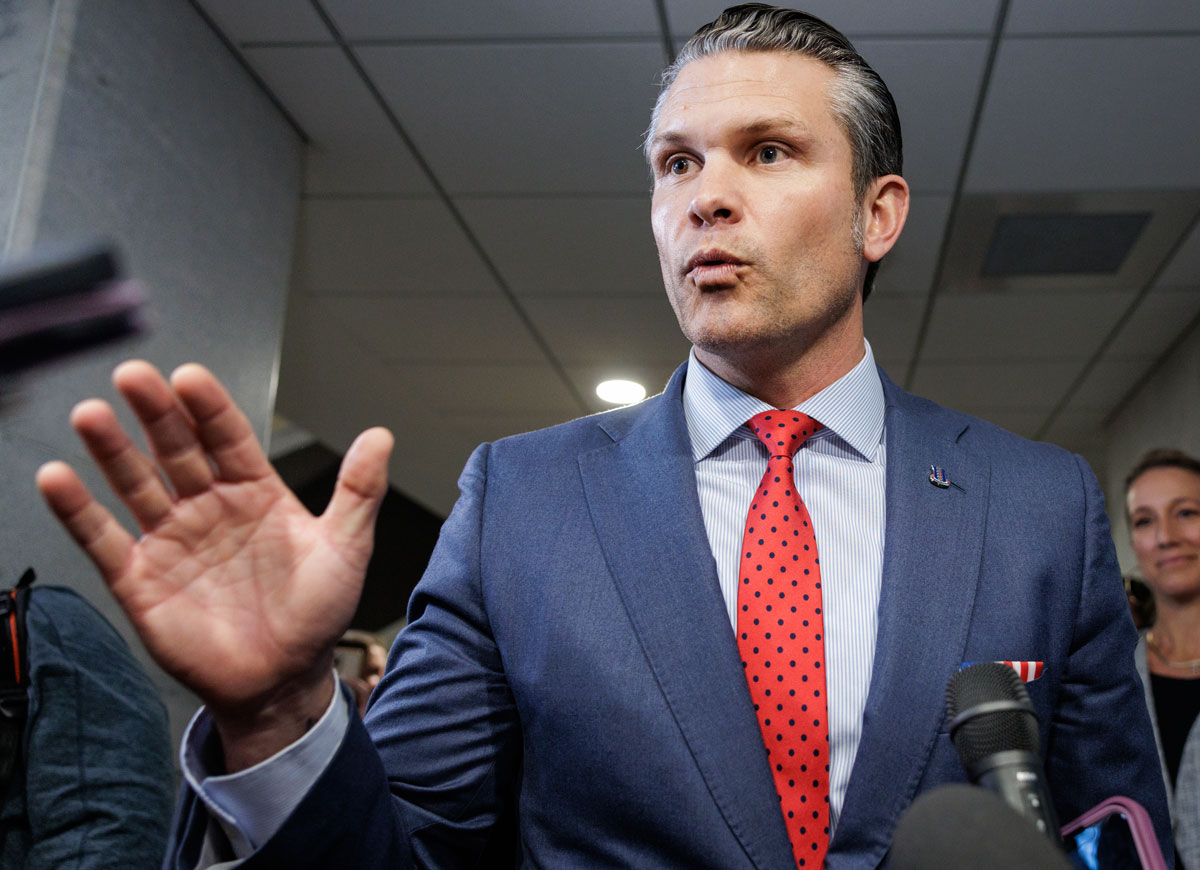West Virginia GOP Escalates Political Battle Over Transgender Rights To New Heights
In the West Virginia Republican primary for governor last Tuesday, three candidates – Patrick Morrisey, Chris Miller, and Moore Capito – engaged in a heated competition to demonstrate their staunch opposition to transgender rights.
This political tug-of-war has drawn significant attention and criticism from civil liberties advocates.
The candidates’ campaign tactics have involved a series of TV ads and online rhetoric, as each attempt to outdo the others in their efforts to restrict LGBTQ rights. Morrisey, the state attorney general, has positioned himself as a leading national voice against “biological males” participating in women’s sports and vowed to take the state’s controversial “Save Women’s Sports Act” to the Supreme Court after a federal appeals court overturned it.
In response, Miller claimed that Morrisey had previously lobbied for a clinic that dispensed gender transition medication to children in New York.
Meanwhile, Capito released an ad that depicted a fictional race where a less athletic male runner easily outpaces female competitors and warned against allowing “biological men” in women’s locker rooms.
Morrisey emerged as the winner on Tuesday night, but the debate seems certain to intensify.
The ACLU of West Virginia said via a statement, “These are not solution-based campaigns,” but instead attempts to “demonize already vulnerable people to score cheap political points.” The organization has tracked 29 anti-LGBTQ bills introduced in the state legislature, though only one has been signed into law, which bans transgender and non-binary individuals from changing the sex on their driver’s licenses.
The escalating rhetoric and legal battles around transgender rights have become a central focus of the Republican primary and a reflection of a broader national trend. More than a dozen GOP-led states have filed lawsuits to block the Biden administration’s new Title IX regulations, which aim to protect transgender students from discrimination in schools that receive federal funding.
2017 demographic data from the Williams Institute, an LGBTQ public policy research center in California, says that openly LGBTQ people only make up roughly 4% of West Virginia’s population. Despite the tiny population, GOP candidates have made LGBTQ issues a focal point of their campaigns.
West Virginia is not the only state whether Republicans are embracing anti-LGBTQ politics. North Carolina’s Republican nominee for governor, Mark Robinson, called LGBTQ people “filth” in social media posts.
RELATED ARTICLES
Get the most-revealing celebrity conversations with the uInterview podcast!







Leave a comment